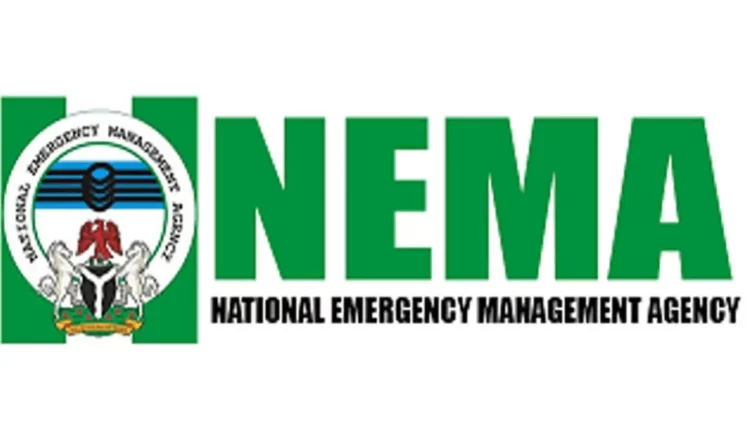Nigeria’s National Emergency Management Agency (NEMA), has convened a Strategic Preparedness and Response Meeting in response to the recent public health declaration on COVID-19, in China.
The Director General, NEMA, Zubaida Umar said the meeting was organised to share insights and updates on the current global COVID-19 situation and its potential implications for Nigeria.
 She explained that this was in fulfillment of its mandate to coordinate disaster preparedness, mitigation, and response across Nigeria while remaining committed to ensuring effective collaboration, timely response, and resilience in the face of emergencies.
She explained that this was in fulfillment of its mandate to coordinate disaster preparedness, mitigation, and response across Nigeria while remaining committed to ensuring effective collaboration, timely response, and resilience in the face of emergencies.
According to Umar, the recent COVID-19 situation emerging from China serves as a stark reminder that public health emergencies recognize no borders.
“In today’s interconnected world, a health threat in one country has the potential to impact nations across continents. While Nigeria is not directly affected at this moment, proactive planning, preparedness, and collaboration are essential to safeguarding our citizens and mitigating any potential risks.”
She narrated that part of its mandate is to assess its collective preparedness and response capabilities at national, state, and local levels, strengthen collaboration and coordination among all relevant stakeholders to ensure an aligned and effective response strategy, Identify actionable steps that can be implemented immediately to enhance surveillance, monitoring, and readiness across critical sectors.
“stakeholders, each of you represents a key piece of the puzzle in ensuring Nigeria’s resilience against public health emergencies. Whether you are from health authorities, border control agencies, security services, civil society organizations, or international partners, your expertise, resources, and collaboration are invaluable to our shared mission”.
The Director General further stated that the importance of information sharing, transparency, and a unified approach cannot be overemphasized adding that public trust and confidence will depend on their ability to communicate clearly, act decisively, and deliver results collaboratively.
Mrs Umar also emphasised the importance of resource mobilization and optimization as a core element of preparedness plan.
” Financial, technical, and human resources must be strategically allocated to ensure efficiency and effectiveness in our collective response”.
Representatives of the Federal Ministry of Health and Social Welfare, Chidinma Victoria Agbai noted that there’s need to understand the signs, symptoms and be able to guide with facts instead of galaxy.
Agbai also challenged Nigerian researchers and Research Institutes to build on the previous experience and come up with vaccines and other medications.
” There shouldn’t be any panicking at all. Let’s educate our people give them the correct information and watch out for the signs and symptoms they present and developed especially in this season when many people travelled from far and near to celebrate the yuletide”.
For its part, the International Federation of Red Cross, IFRC, said it will bring lessons learnt from the Lassa fever and the Mpox responses it is currently working on as well as the responses it made during the COVID-19 pandemic which was significant.
Mr Hopewell Munyari, who’s the Operations Manager of the IFRC, said the Society through the network of volunteers in Nigeria is ready and willing to work closely with the government.
He highlighted Risk Communication and Community engagement as the key area which the IFRC will focus on.
” Getting the message to the local communities through the network of volunteers. Addressing issues that has to do with myths around the disease, hesitancy around the disease will go a long way in ensuring that people are safe, ensuring that people take appropriate measures”.
He urged the Media to communicate the fact, mitigate against all false elements so that people could get the right information.
” False elements could be mitigated when early and timely information are sent to the communities from reliable sources, addressing all the myths around there, so community will be key in that respect”.
Stakeholders agreed that gaps from the previous experience be addressed, adequately.


Comments are closed.